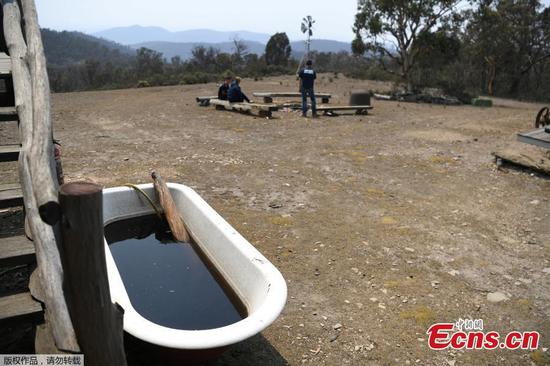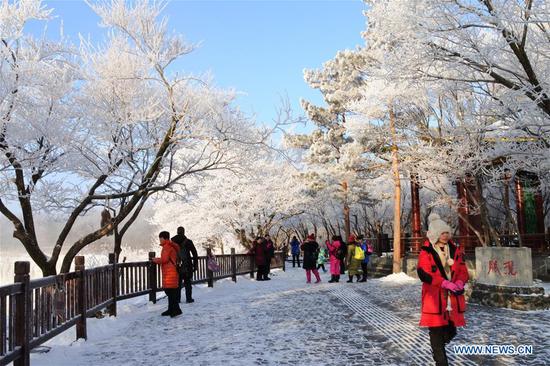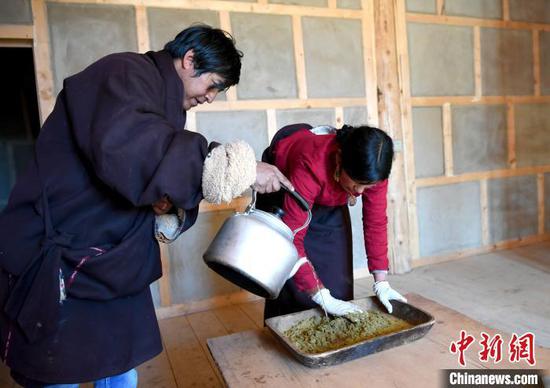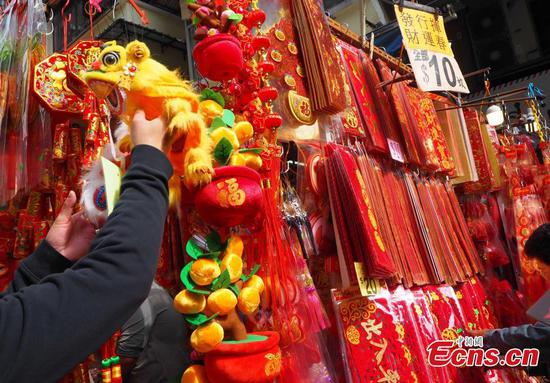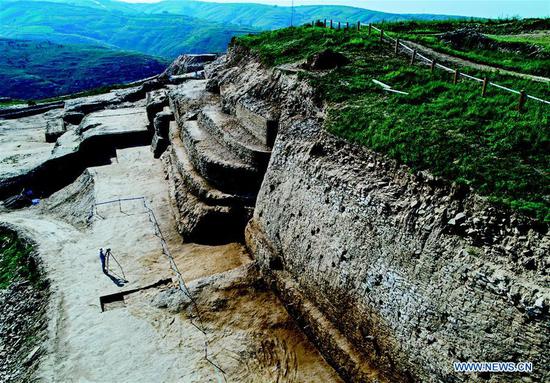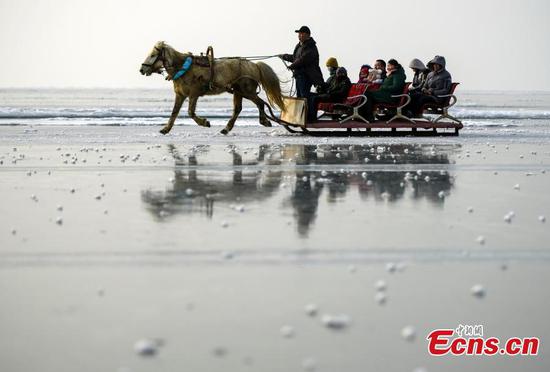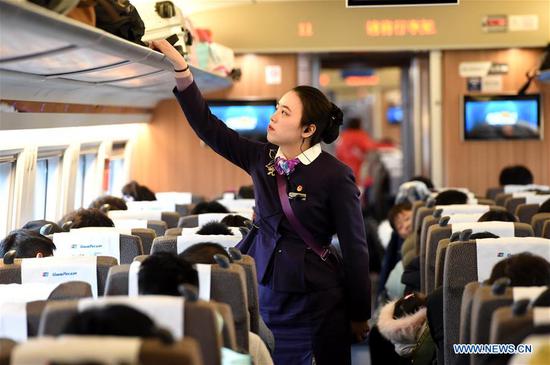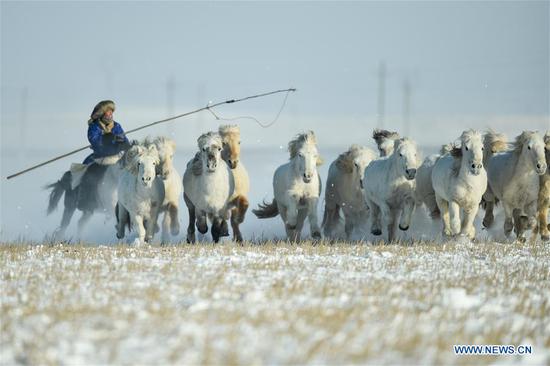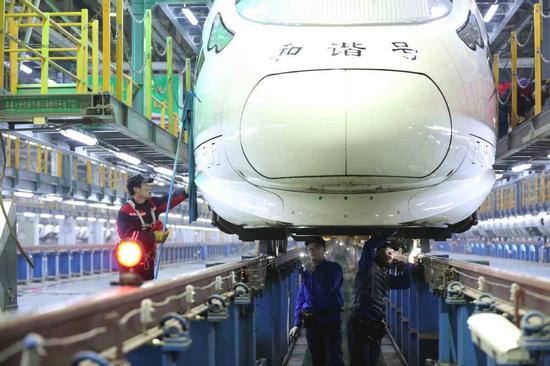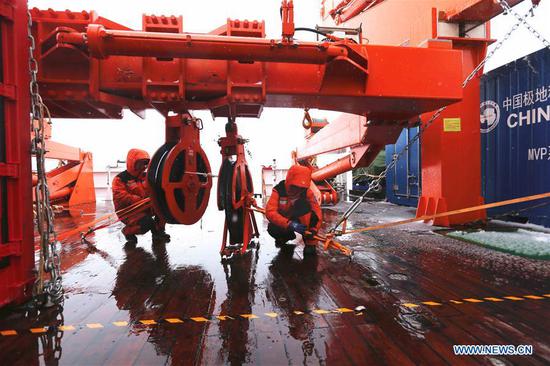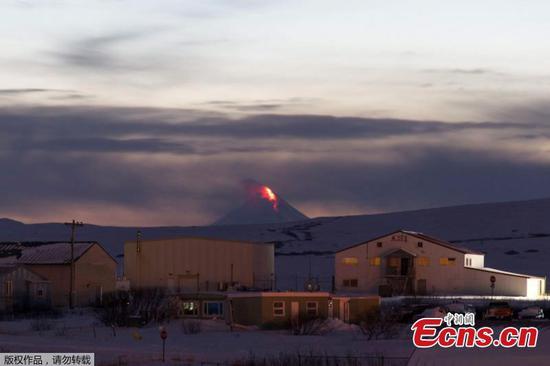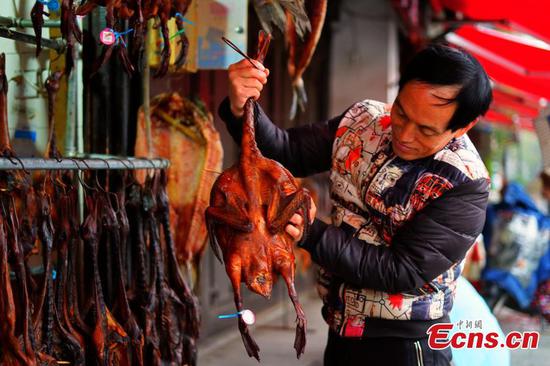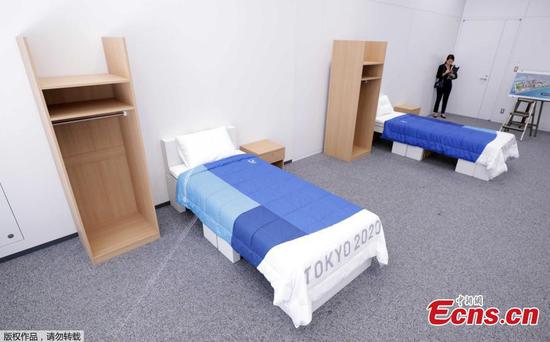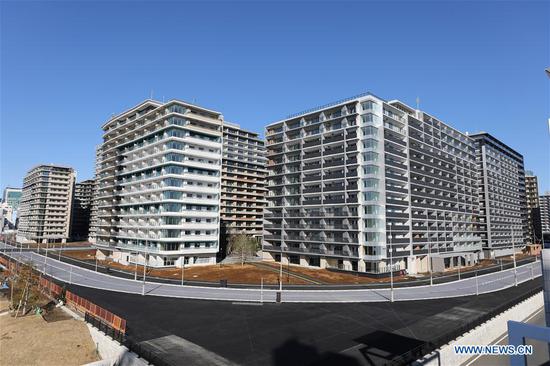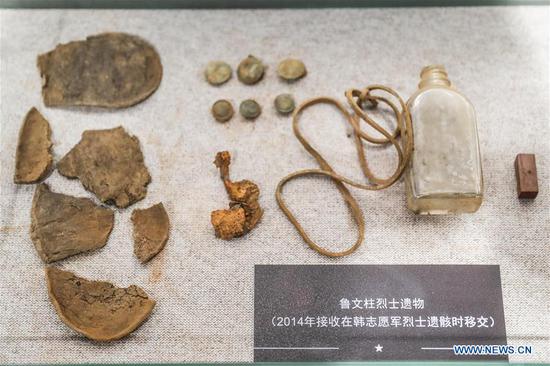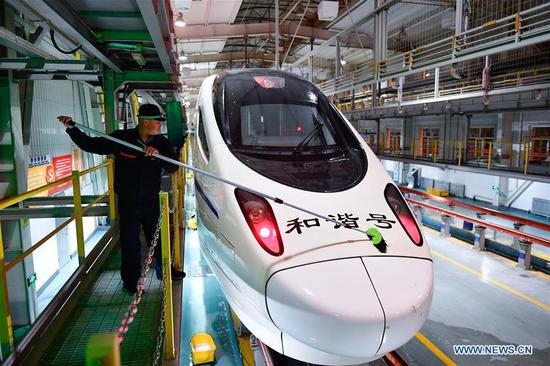China has rolled out its first set of mandatory national standards in the field of senior care to provide bottom-line requirements for service quality of the sector.
It outlines requirements for the qualification, assessment of safety risks and management of senior care organizations, said Tian Shihong, deputy head of the State Administration for Market Regulation, at a press briefing on Monday.
Elderly care organizations should meet requirements on aspects such as fire prevention, hygiene and health, environmental protection, food, medicine, buildings and facilities.
It also requires improving the training of senior caregivers and management of pension organizations such as making emergency response plans.
Measures put forward in the standard have been proven effective during long-term practice and will help pension institutions largely reduce risks, Tian said.
Next, China will speed up the formulation of standards on home and community-based elderly care and long-term care services and strengthen exchanges with international standards, according to Tian.
By the end of 2018, China had about 249 million elderly people aged 60 and above, the largest elderly population in the world, and had set up a total of 163,800 elderly care institutions and facilities, offering 7.46 million beds for senior citizens.










